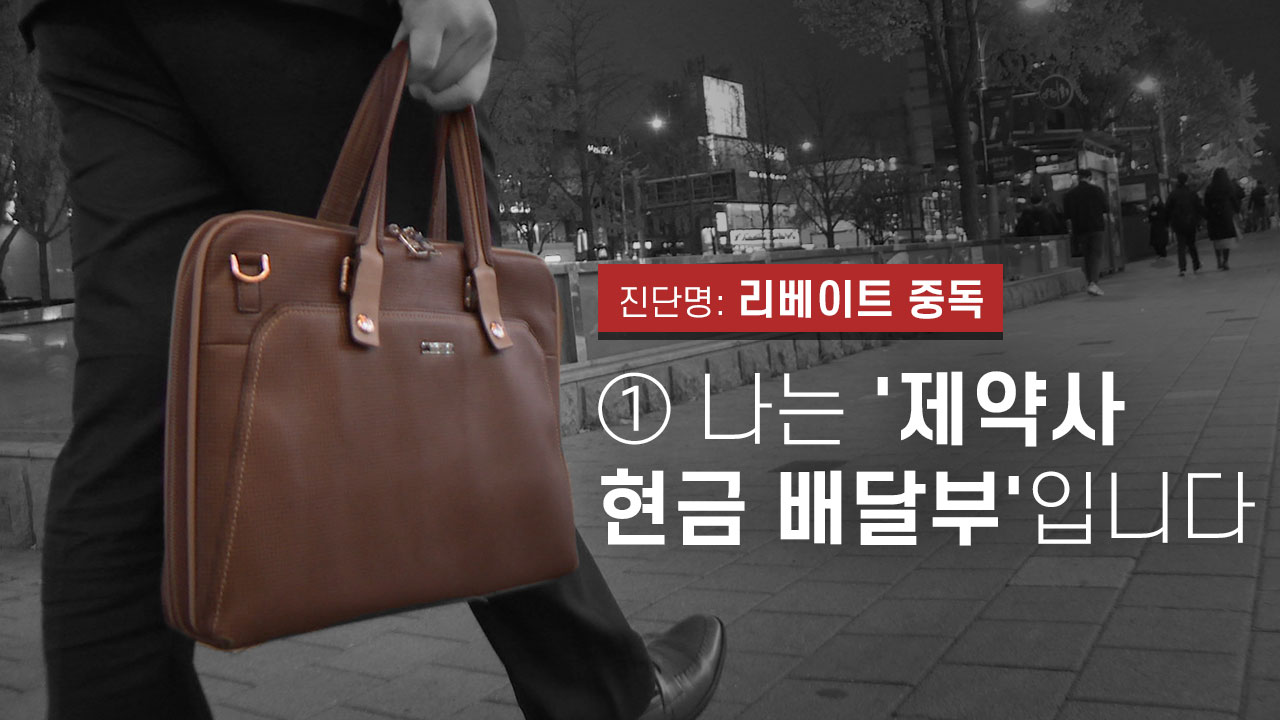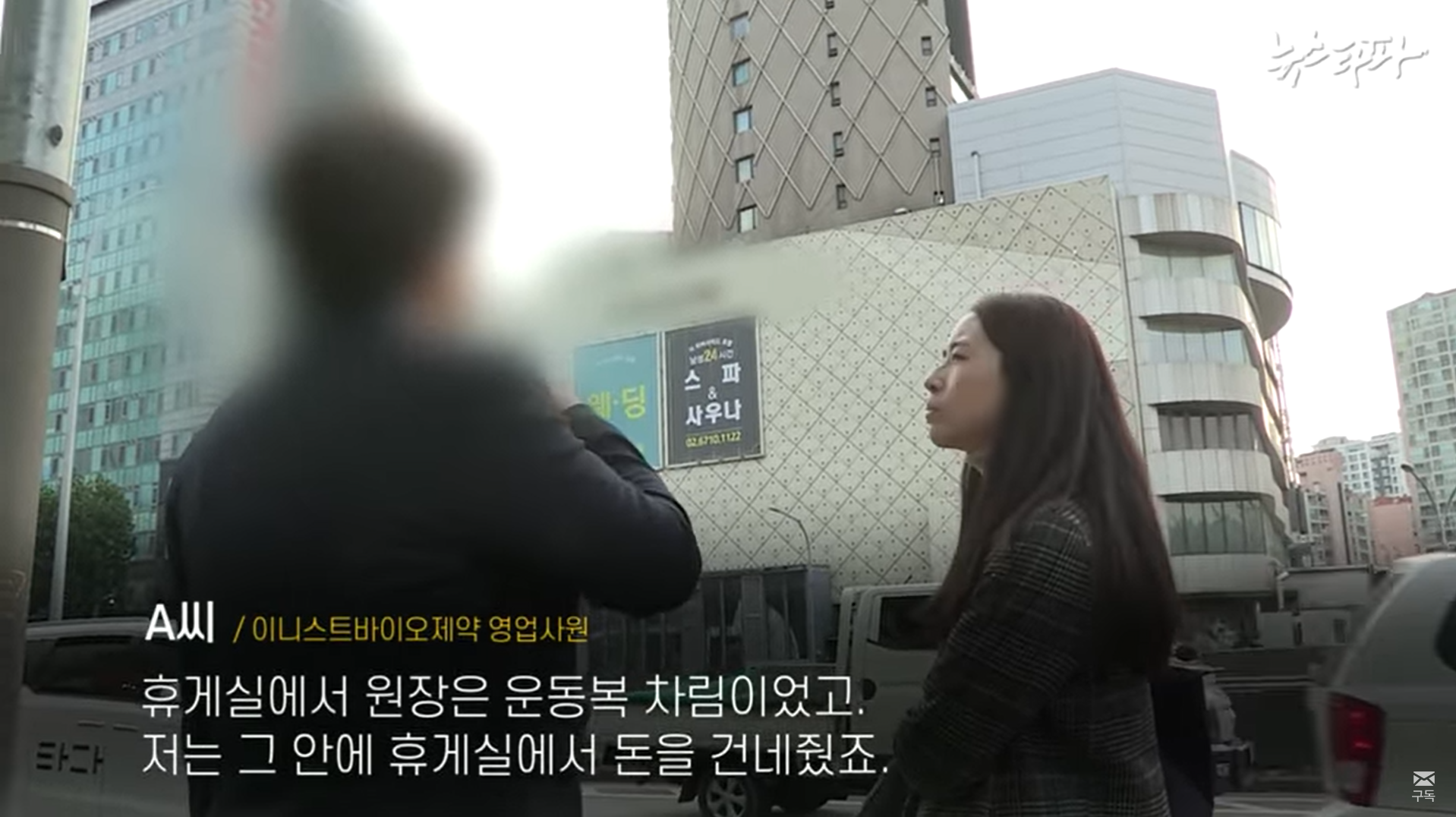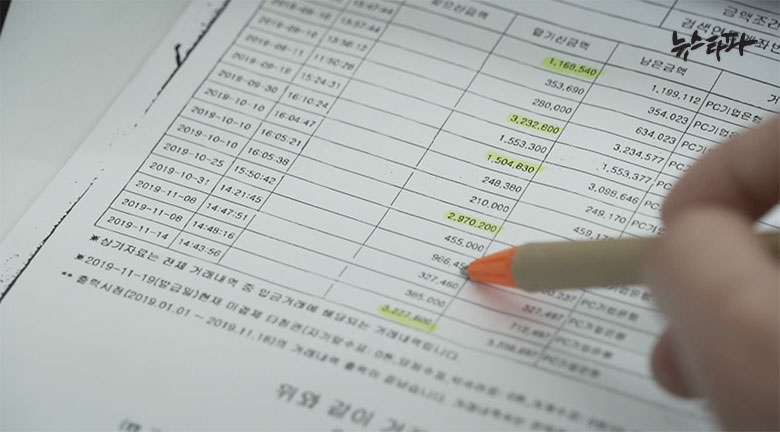In its decision, the KFTC pointed out that the illegal business practices of Vivozon Pharmaceutical were “a typical violation of the Fair Trade Act, because due to the nature of the prescription drug market, where consumers cannot purchase drugs directly, doctors' choice on certain drug depends not on the price or quality, but on the size and number of kickback and other unfair profits.”


